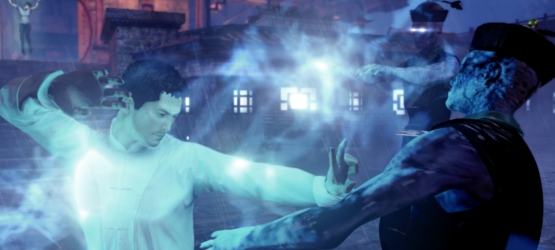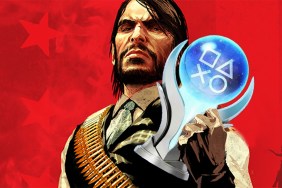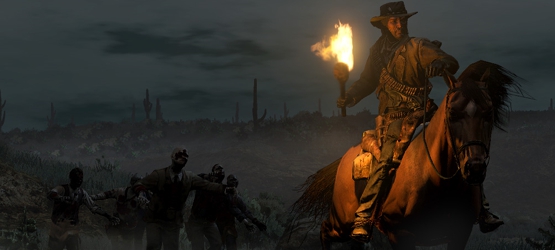
This week Vivas takes a brief look at the history of Halloween and why themed, seasonal DLC offerings can be a great thing both for players and the industry as a whole.
If one were to look at the history of Halloween they would find two schools of thought on the issue. Some folklorists believe that the tradition has its roots in Celtic pagan traditions. Others would argue that the celebration actually is derived from Christian traditions. Regardless, of its origins Halloween, in the modern-era at least, has become a mainstream occurrence with kids wandering around dressed up in store-bought costumes saying “Trick or Treat!” for candy and other goodies. It’s also become a major cash cow for many different economic sectors including the entertainment industry.
Hollywood has been profiting off of Halloween since it was fashionable to do so. Scary movies are a common occurrence around this time of year when people want to be scared out of their minds against their better judgement. But video games haven’t had the opportunity to capitalize on seasonal events aside from releasing a game themed on a particular holiday at that point in the calendar year. Well at least they didn’t have the opportunity, until the DLC revolution that was ushered in with this generation of consoles.
However, this business and development practice takes a huge amount of planning up front even when the game is still in the embryo stages of the development cycle. Milestones have to be set, teams have to be assigned, and release timings have to be worked out while also considering the time it takes to get the content through certification. For most developers, the overhead costs involved with making themed DLC were just too high to even bother. This changed in the fall of 2010, when multiple developers decided to take a chance. One of them was Rockstar who decided to release the Undead Nightmare DLC for Red Dead Redemption an astounding piece of content that, to this day, still continues to be the metric by which all other Halloween content is measured.
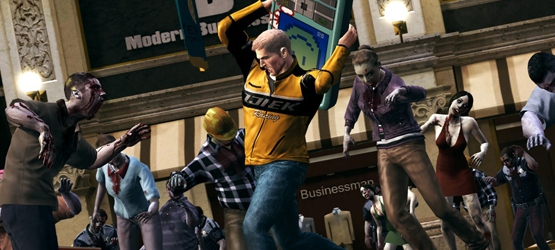
To set the scene, prior to the release of Undead Nightmare there were numerous games that involved zombies. Some would even go so far as to say that there were (and perhaps still are) too many of them. That year alone saw the release of Dead Rising 2, Resident Evil 5, BioShock 2, and Mass Effect 2 (for the PC and Xbox 360). All major retail games that, in some form or another, featured zombies (or some derivative thereof) as part of their story campaigns. Even Call of Duty: Black Ops featured the zombies mode created by Treyarch for the previous game World at War. In the midst of all this, Rockstar, approximately one month after the release of Red Dead Redemption, announced that they would be releasing a horror-themed expansion called Undead Nightmare.
In retrospect, it seems pretty obvious that the business motivation at Rockstar was to capitalize on the zeitgeist created by the zombie fad. And really who could blame them? Their concept was something completely original that incorporated zombies. For those that don’t know, Undead Nightmare sees Red Dead Redemption antihero John Marston attempting to find a cure for the undead affliction that has infected his son and wife in the Western themed world of the early 1900s. His journey takes him through a Halloween version of Red Dead Redemption complete with chupacabras, unicorns, zombified animals and, yes, zombie humans all within a world approximately the same size as the original game.
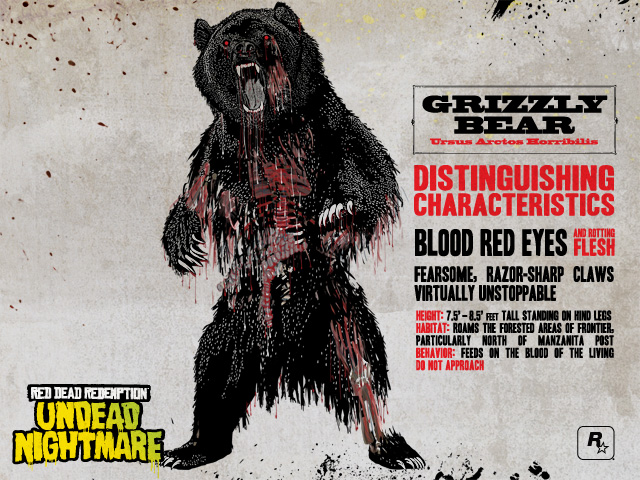
Prior to its release, Undead Nightmare saw some public and press backlash. Most voiced the simple concern that it took the seriousness of Red Dead Redemption and completely destroyed it for some dumb laughs and a cheesy premise. Vice President of Creative, Dan Houser explained Rockstar’s attitude towards Red Dead and the upcoming expansion to GameSpot in an interview:
That’s an interesting question. We definitely take the tone of a game very seriously. For Red Dead, the goal was not particularly seriousness, but to make a Western that was not cheesy or camp, as Westerns have a habit of becoming cheesy or camp if played remotely for laughs. We wanted a game that had some humor in it, however, and I hope we managed that. Certainly, at the end of the game, we liked the characters and the mood of the world, and wanted to make more content for it. But I think as to why we chose to do a zombie game for Red Dead not GTA, the answer is a combination of factors–partly mechanical (we love the shooting mechanic and dead eye in Red Dead, and zombies lend themselves well to a world of dead eye headshots!), partly environmental (we wanted to see zombies running over the plains–it feels like a 1970s horror film), and partly narrative–for whatever ludicrous reason, it felt and still feels right using John Marston as a zombie hunter more than, say, Niko or CJ. Why that should be the case, it is hard to know, but it is. We wanted the gameworld to feel like a 1970s movie set in which by day people shot a serious revisionist Western, and by night some maniacs invaded the studio and filmed a somewhat insane horror movie using the same sets and cast.
It’s the last line of Houser’s statement that needs to be given particular attention, because while the business motivations of Rockstar’s DLC for Red Dead might have started out as a purely financial venture, the lasting legacy of Undead Nightmare is ultimately the most intriguing aspect of the story. The fact that Rockstar always intended the DLC to be completely self-aware allowed it to wallow in its own cheesiness. Whether intentionally or inadvertently, Rockstar had created a zombie themed DLC for Halloween that was a clever reactionary piece examining zombie themed video game tropes and at the same time a fantastic self-parody of their own game world.
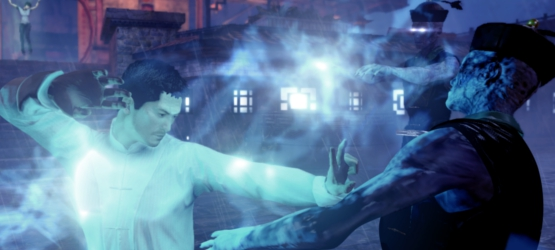
In the time since Rockstar’s smash hit, Sucker Punch released inFamous: Festival of Blood as an add-on to inFamous in which Cole MacGrath fights against a vampire menace and just this past week United Front Games released the Nightmare on North Point DLC for Sleeping Dogs. Both of which continue to further the interesting game mechanics that are found within both of the respective franchises while also acting in a reactionary capacity. However, both of these games are reactionary to entertainment trends larger than video games by themselves. Festival of Blood is a reaction to vampire themed fiction (Twilight anyone? No? Good!) while Sleeping Dogs is more of a look at Hong Kong horror cinema (albeit through the eyes of a western development team).
Essentially, while the move was probably one designed to make money, Rockstar’s efforts have triggered a pattern amongst Halloween themed DLC as a moment to parody, lampoon, and satirize existing tropes within video games or pop culture at large. Something that I personally now look forward to each year in October. Now if there were only more of it at the same high quality we wouldn’t have to settle for pumpkin heads and t-shirts in the off-years. I’m looking at you, Uncharted 3!
